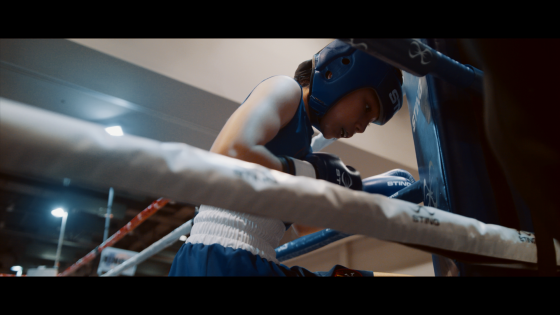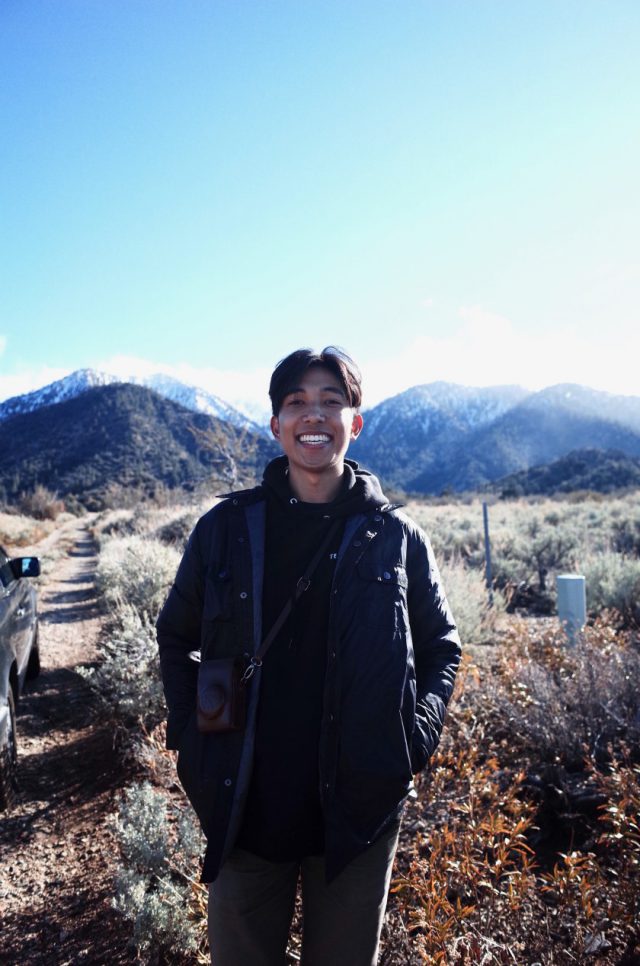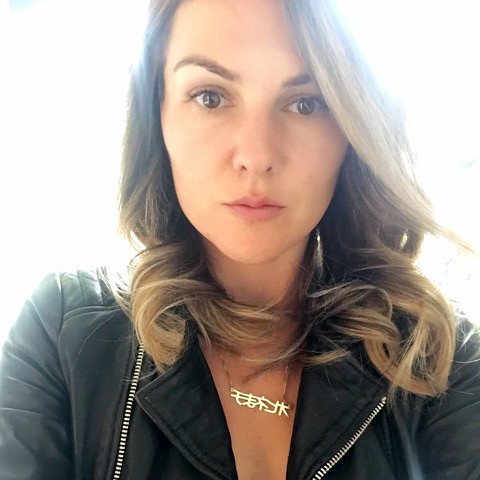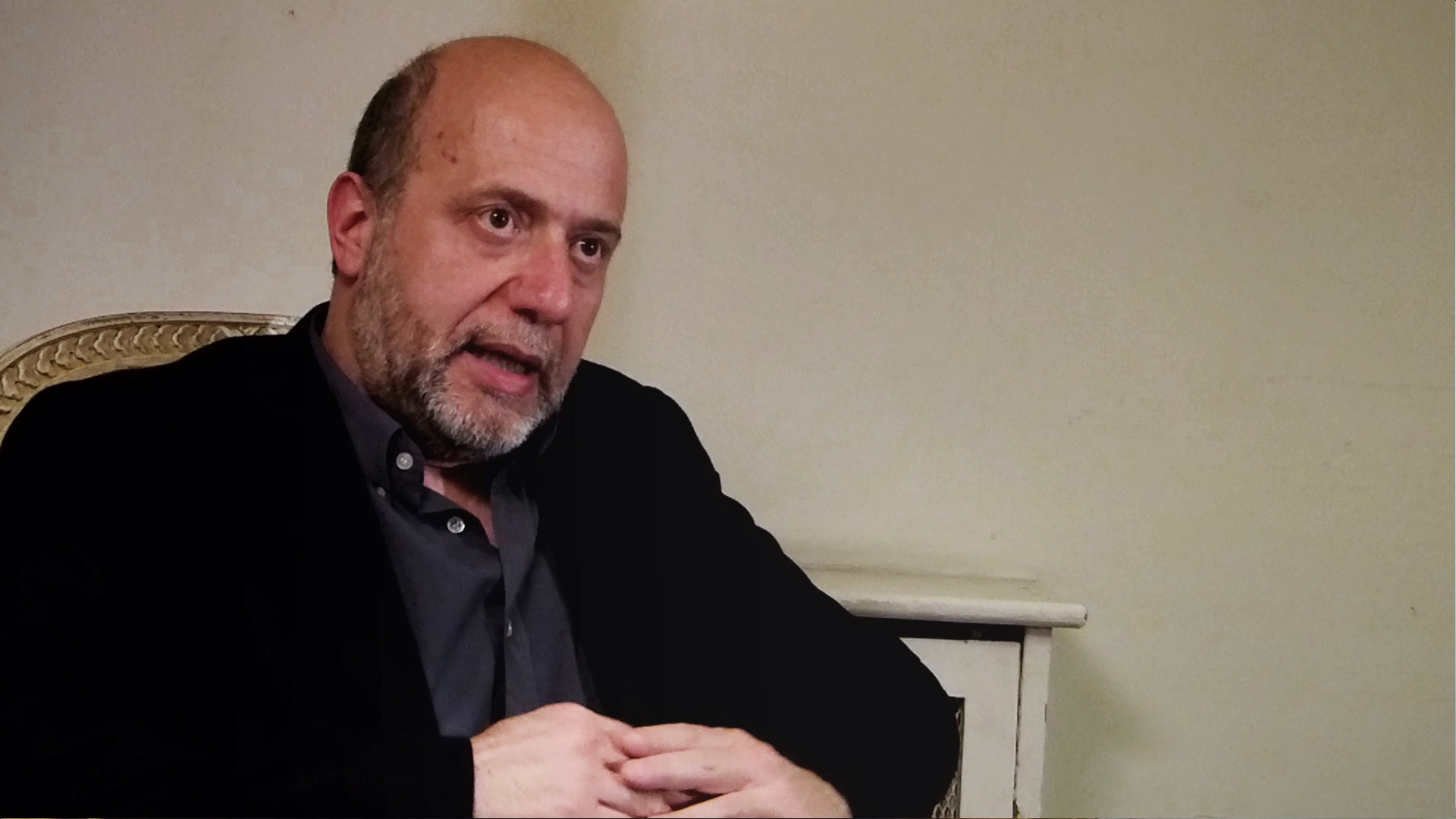Where did the idea for this documentary come from? Where did you meet Meryland and how did you get in touch with her and her family?
“I met Meryland and her family by pure serendipity. I was shooting a very run-and-gun short film at the Watts Towers, Los Angeles in the summer of 2018 when her dad Jorge and I crossed paths. My friends and I were in the middle of a scene when all of a sudden we noticed a person standing just outside frame, just patiently waiting. When we called cut, he kindly walked up and in Spanish introduced himself. I was a rising college Sophomore taking Spanish 2 at the time, so I thought it was the perfect time to practice my language skills. He shared information about his daughter Meryland, asking if I’d ever be interested in making a video about her. I asked him to contact me over Instagram and that I’d get back to him after the shoot. The next day, I was surprised to receive a long message from his eldest daughter Araceli who told me that this was a story I was more than welcome to film. I then set up a phone call with Meryland and fell in love with her enthusiasm and positivity. I started filming when I returned to Los Angeles for school in Fall 2018.”
During the filming, we see Meryland going from attending the Boxing Olympic Qualifiers to winning the Junior Olympics and having her birthday in the middle, so the filming covers a quite long period of time. How was it following their life during this monumental time? How did she and her family feel about being filmed throughout their everyday life?
“That’s a great question. With almost every documentary comes a subject-to-filmmaker relationship, and I wanted to prioritize making our bond as comfortable as possible in order to authentically capture so many vulnerable moments both in-and-out of the ring. For example, while shooting I stayed intentionally quiet except when asking a few questions here and there. When the awkward initial moments of the day passed it was like I turned invisible, giving me the fortune to see the family as their true selves. I also shot the film primarily solo, on one camera with onboard audio, and no lav’s or mics or any other pieces of equipment. In no way did I want to impose any kind of disturbance to the family’s daily flow, helping things feel natural while filming. I spent a lot of time with them while the camera was off too. We sat together on long car rides, shared stories over meals, and eventually became close enough to consider each other family. Moreover, seeing the parents work, Meryland train, and them work together as a unit inspired me to be present and film them constantly. “
I couldn’t help but notice that both Maryland’s parents speak in Spanish in front of the camera, other than during their everyday life. Was that their own choice or rather a directorial choice? Did you want to convey a sense of attachment to the roots and cultural identity through it?
“The parents, Jorge and Araceli, only speak Spanish, so that was how they interacted with me and the camera. Meryland does speak Spanish to her parents, but almost everywhere else she interacts in English. When it came to showcasing the family’s roots, I only wanted to capture the family’s cultural identity as genuinely as possible. For instance, I noticed that a big part of their routine was playing Mexican music during intense training sessions. That turned into something I implemented in the montage sequence because it was something they truly did. As a result, it does speak to their culture and experience as immigrants, but I only implemented that because it was inspired by their real experience.”

To what extent do you think your film addresses issues such as migration and interculturality in the USA? Do you want to send a political message through your work?
“It was always my priority to humanize the Gonzalez family and honor their story. I didn’t want to politicize any aspect of the film because I felt like the story was so intimate and introducing any kind of political statement didn’t feel appropriate. Moreover, I think that the film actually addresses positive things about migration and intersectionality such as the strength in family and the miracle of second chances. No matter the circumstances, the Gonzalez family shows dreams can be accomplished by working together and not giving up.”
What is, in your opinion, the power of documentary filmmaking in telling the contradictions of our world and how can it be a tool in contributing to change it for the better?
“A friend of mine told me that films have the power to not only self-express but to uplift others. To this point, I think documentaries are extremely powerful because they showcase real people. I’m hoping that Meryland and her family can serve as shining examples of the beauty within Watts, Los Angeles, and beyond. They are living examples that second chances do exist and dreams can be accomplished with the right mentality. So, I’m optimistic that if documentary filmmakers continue sharing the voices of resilient people, the world can grow into a better place.”





